Shannon Sullivan, Philosophy, UNC Charlotte
Meets at Johnson C. Smith University
The idea of white privilege seems to be everywhere nowadays. At least since 2014, with the police shooting of unarmed black teenager Michael Brown in Ferguson, Missouri, and the subsequent birth of the Black Lives Matter movement, it no longer is a topic confined to university classrooms. From Harry Potter star Emma Watson’s recent confession of her white privilege to Black Lives Matter’s criticism of white Philadelphians who damaged property after their team’s 2018 Super Bowl victory, white people’s racial privilege is being talked about by white and non-white people alike. It even has its own Twitter hashtag (#whiteprivilege). Not all of the talk about white privilege has the goal of eliminating it, however. Some of it questions whether white privilege exists and accuses people of color of making up the idea to get an unfair advantage over white people. Some of it accuses white people instead, charging so-called elite whites with using the idea of white privilege to assert their moral superiority by shaming poor and working class white people. In all the talk and crosstalk about white privilege, it’s not always clear whether people even mean the same thing when they criticize, support, and/or reject the term. So, what exactly is white privilege and how should we make sense of the various and often conflicting things said about it? And if it does exist, what should—or can—be done about it?
The goal of this seminar will be to clarify what white privilege is and what it is not. It will do so in a frank, down-to-earth style that avoids jargon and that uses a good number of real-life examples. The seminar is designed for CTI participants of all races, not just white people. It would be a useful seminar for teachers of many different subjects, such as English, history, social studies, and the sciences. I am especially interested in how elementary school children implicitly learn about white privilege and social/racial inequalities and then how that understanding develops in adolescence and the teen years. While preschool and early elementary school sometimes are thought of as a “magical place” of racial innocence, children as young as four years old can comprehend racial hierarchies (and wield them against each other). The ground for adult understandings of race, including whiteness and white privilege, is laid in childhood, and so it is there that critical work is particularly needed.
The seminar will aim to discuss and unsettle pat assumptions about white privilege and, importantly, these will be assumptions held both by those who are “for” and by those who are “against” white privilege. It will not preach to the choir of those who are opposed to white privilege. Down that road lies the problem of white people’s smug self-congratulation. But neither will it throw out the concept of white privilege because of the confusions that often surround it. Down that road lies the problem of the dismissal of race and racism as trivial, even non-existent. Avoiding both these routes, we will attempt to find another path, asking how can we, whatever our race, cut through the fog of white defensiveness and white self-righteousness to get to a useful understanding of what white privilege is?
To tackle this question, the seminar will be structured around a set of five beliefs or claims about white privilege that often are considered to be true, but that are not as straightforward as they might first appear: (1) “White privilege is about whiteness”; (2) “Only white people have white privilege”; (3) “White people should feel guilty”; (4) “White people should figure out how to get rid of their white privilege”; and (5) “White people should figure out how to help people of color”. The examples that we explore will be taken primarily from the United States, but we also will examine global instances of white privilege in countries such as France, the Netherlands, Sweden, and South Africa. We also will touch on the recent use of the concept of white privilege as a model for understanding “Chinese privilege” in countries such as Singapore.
Additional resources:
Suggested preliminary reading: Peggy McIntosh, “White Privilege: Unpacking the Invisible Knapsack” (1989)
Seminar Participants:
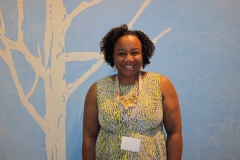
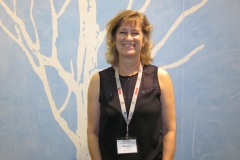
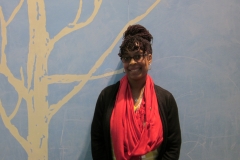
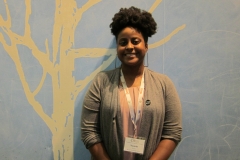
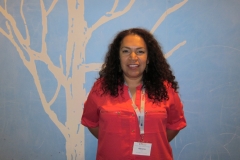

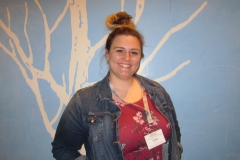

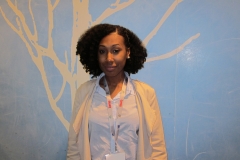
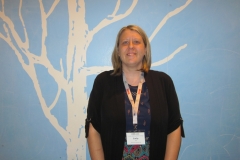
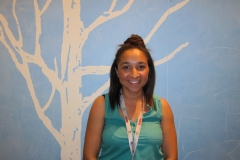

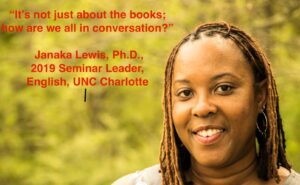

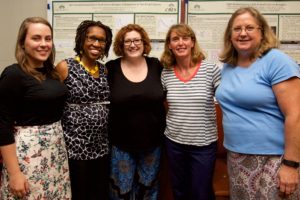
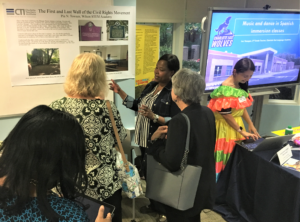
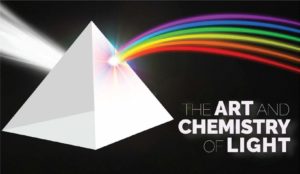




 Home
Home